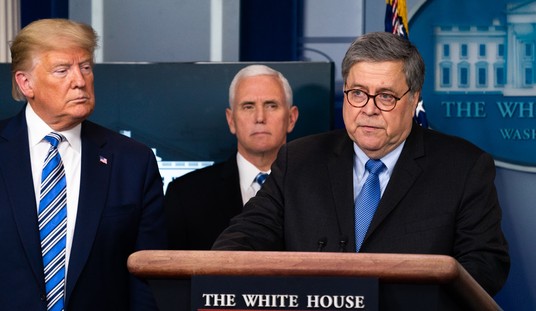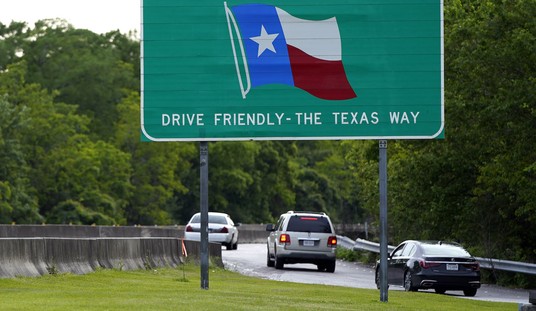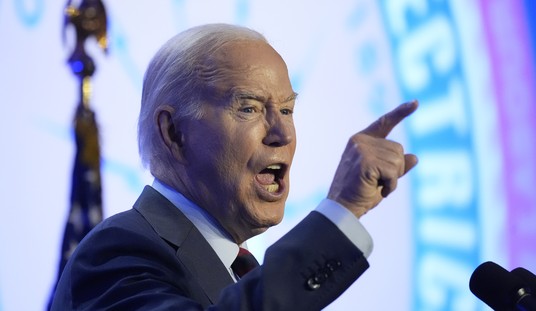The senior Republican on the Senate committee that oversees education charged that an early education proposal by HELP committee Democrats would essentially create a national school board for preschoolers.
The Democrats’ early education plan would put decisions for states on such details as teacher salaries, class sizes, staff qualifications and length of the school day in federal hands, Sen. Lamar Alexander (R-Tenn.) said. States would then be required to pay half of the program’s cost after 8 years.
“The Democrat bill that’s being proposed today would, in effect, create a national school board for 3- and 4-year-olds. It would spend $27 billion in new funding over 5 years with Washington making the decisions about how states should run their preschool programs. It includes requirements I don’t think the federal government has ever even attempted with elementary and secondary education,” Alexander said.
“Never before, not even in No Child Left Behind, has the federal government told school districts from Maryville to Memphis how to run their schools in such detail,” he added.
HELP Committee Chairman Tom Harkin (D) said at the bill’s Wednesday markup that it’s a “disappointment” that the bill is “supported on only one side of the aisle here in the Senate.”
“States and localities are already moving in the direction of supporting high-quality early learning, but their efforts are limited in large part by inadequate resource,” Harkin said. “…The Strong Start for America’s Children Act will encourage the expansion of these types of programs. In the case of preschool, it will provide states with robust matching grants so that they can establish, enhance, or expand on their current efforts. In exchange, and over a period of several years, states will increase their current levels of investment in preschool programs.”
Harkin has slightly adjusted his bill from one he introduced last November — “among the most notable changes is that this bill will allow every state in the country to receive formula grants to expand high-quality preschool.”
He added that arguments against the bill don’t hold up “when we look at the harsh realities of early learning in the U.S. Despite states’ investments in preschool, and our federal investments in child care and Head Start which are the only major investments the federal government makes in early learning, we fall far short of meeting the needs of children from birth to age five.”
Alexander has a counter-bill that gives states the option of using up to $20 billion that the federal government is already spending across 45 programs on early education “and allow states to use it in the way that best suits their needs.”
“Under my proposal, in Tennessee, we’d have about $440 million a year. If we were given this kind of flexibility, we could increase the vouchers for child care from 39,000 to 139,000; or the state-funded voluntary preschool program, from 18,000 4-year olds to 109,000; or we could expand Head Start, from 17,000 children to 56,000; we could create Centers of Excellence—otherwise leave to Tennessee to figure out what works best for Tennesseans,” he said in a statement.
“So, the question is not whether, but how best to make early childhood education available to the largest possible number of children.”








Join the conversation as a VIP Member